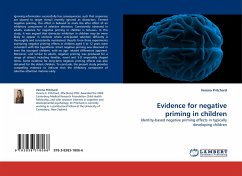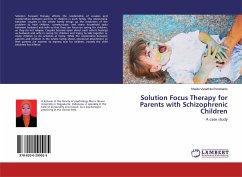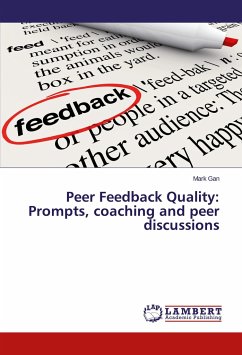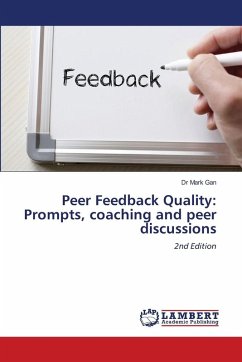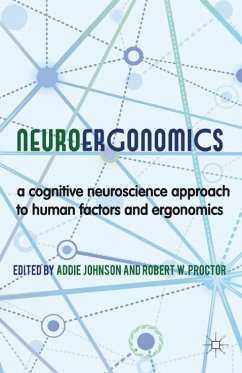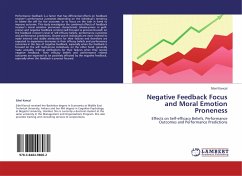
Negative Feedback Focus and Moral Emotion Proneness
Effects on Self-efficacy Beliefs, Performance Outcomes and Performance Predictions
Versandkostenfrei!
Versandfertig in 6-10 Tagen
32,99 €
inkl. MwSt.

PAYBACK Punkte
16 °P sammeln!
Performance feedback is a factor that has differential effects on feedback receiver s performance outcomes depending on the individual s tendency to blame the self for the outcome, or to focus on the task in hand to improve outcome. This study investigates the combined effects of feedback receiver s moral emotion proneness characteristic (shame-prone vs guilt-prone) and negative feedback content (self-focused vs process-focused) on the feedback receiver s level of self-efficacy beliefs, performance outcomes and performance predictions. Shame-prone individuals are more inclined to make internal...
Performance feedback is a factor that has differential effects on feedback receiver s performance outcomes depending on the individual s tendency to blame the self for the outcome, or to focus on the task in hand to improve outcome. This study investigates the combined effects of feedback receiver s moral emotion proneness characteristic (shame-prone vs guilt-prone) and negative feedback content (self-focused vs process-focused) on the feedback receiver s level of self-efficacy beliefs, performance outcomes and performance predictions. Shame-prone individuals are more inclined to make internal and stable attributions for their failures and therefore are expected to experience decreases in their efficacy beliefs and performance outcomes in the face of negative feedback, especially when the feedback is focused on the self. Guilt-prone individuals, on the other hand, generally make unstable, internal attributions for their failures when they receive negative feedback. Their efficacybeliefs and performance related outcomes are expected to be positively affected by the negative feedback, especially when the feedback is process focused.





